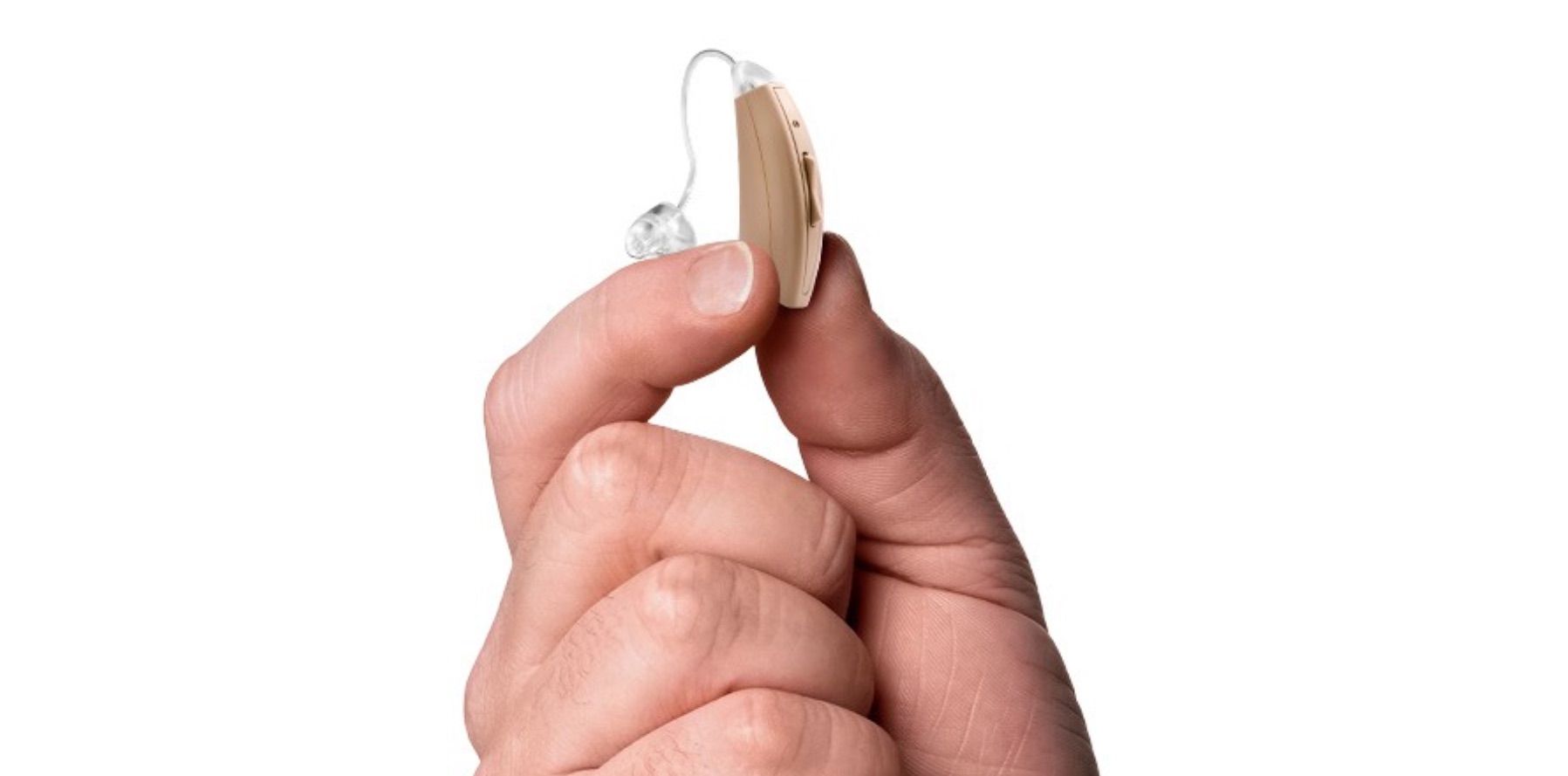

The FCC on Wednesday announced new requirements for the iPhone and all other smartphones to offer compatibility with all Bluetooth hearing aids, including Apple’s AirPods Pro 2.
This means that Android smartphones will be required to provide compatibility with the AirPods Pro 2 in hearing aid mode, which is a recently added feature of the wireless earbuds. Of course, it also means Apple will be required to provide support for all Bluetooth hearing aids, not just MFi certified hearing aids.
The Federal Communications Commission today adopted new rules establishing that 100% of all mobile handsets—such as smartphones—must be compatible with hearing aids. With this change, the 48 million Americans with hearing loss will be able to choose among the same mobile phone models that are available to all consumers. Under the new rules, after a transition period, Americans with hearing loss will no longer be limited in their choice of technologies, features, and prices available in the mobile handset marketplace.
The Commission also established a Bluetooth coupling requirement that will benefit consumers by ensuring more universal connectivity between mobile handsets and hearing aids, including over-the-counter hearing aids, by encouraging handset manufacturers to move away from proprietary Bluetooth coupling standards.
The Report and Order also requires that all new mobile handsets available in the U.S. must meet volume control benchmarks that ensure clear audio for the listener by allowing them to increase a mobile handset’s audio volume without introducing distortion. Such requirements accommodate consumers with hearing loss who do not use hearing aids as well as those that rely on hearing aids or cochlear implants.
The new rules also revise labeling and website posting requirements to ensure consumers have access to the information that they need to make informed handset purchasing decisions. Point-of-sale labeling requirements will clarify if the handset is certified as hearing aid compatible, whether or not the handset meets telecoil or Bluetooth coupling requirements, and provide the handset’s conversational gain (i.e., how high the handset’s audio volume can be raised while still meeting volume control requirements).
Establishing a 100% hearing aid compatibility requirement for all mobile handsets was made possible by the collaborative efforts of members of the Hearing Aid Compatibility Task Force—an independent organization of wireless service providers, handset manufacturers, research institutions and advocates for those with hearing loss. Members of the Task Force worked together over a period of years to reach a consensus on how the Commission could achieve its objective of requiring 100% of all mobile handsets to be hearing aid compatible.
Action by the Commission October 17, 2024 by Report and Order (FCC 24-112). Chairwoman Rosenworcel, Commissioners Carr, Starks, Simington, and Gomez approving. Chairwoman Rosenworcel and Commissioner Starks issuing separate statements.
As noted on Apple’s support page, iPhones support MFi-certified hearing aids.
You can use MFi hearing aids or sound processors with iPhone and adjust their settings. See the Apple Support article Made for iPhone compatible hearing devices for a list of models that work well with iPhone.
But the FCC requirement will require support to be extended to all Bluetooth hearing aids, whether clinical grade or over-the-counter (OTC).